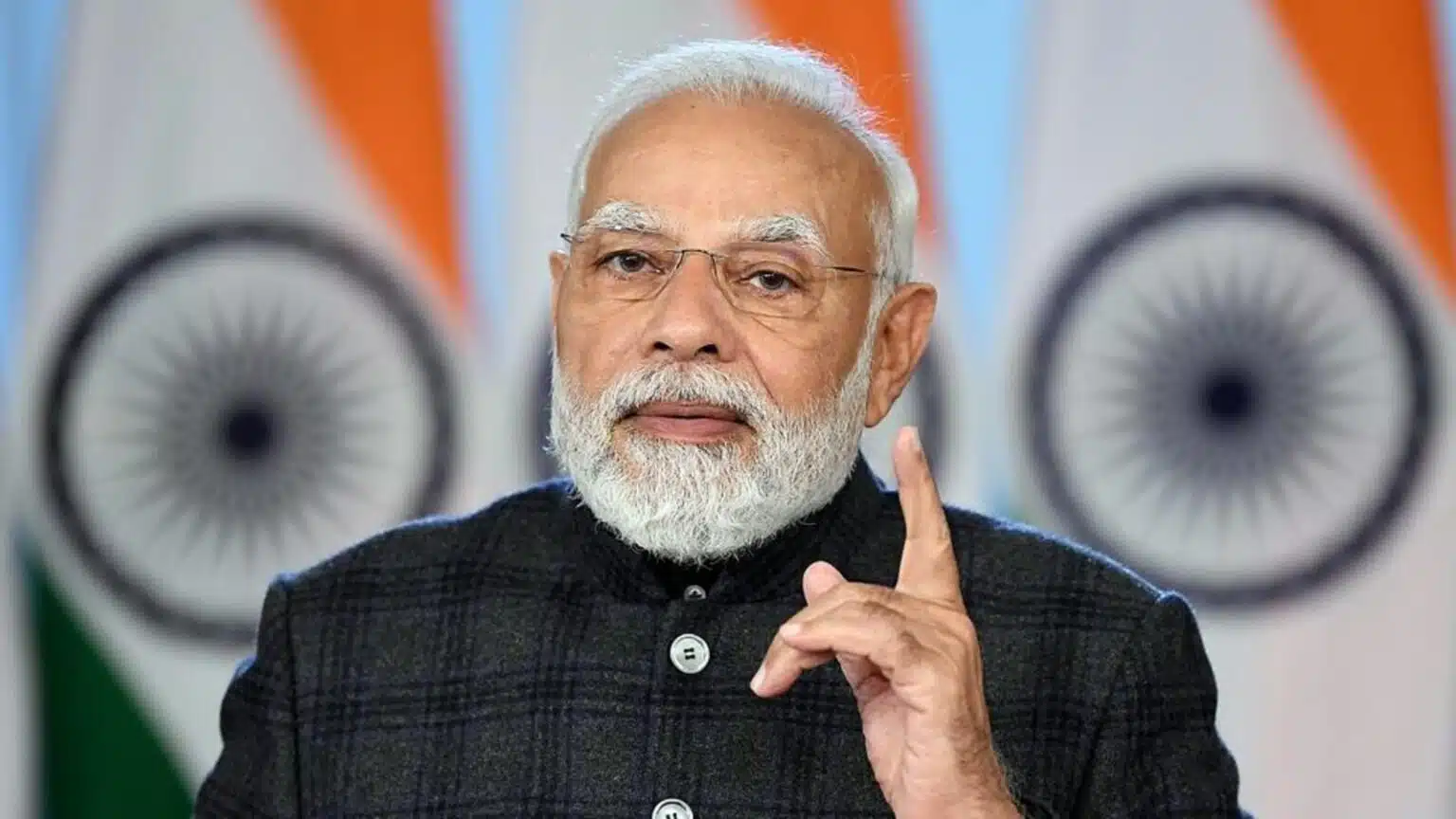A threat to the nation’s security comes from rising religious extremism, political unrest, unchecked terrorist activity, and a collapsing regional economy.
Table of Contents

At a three-day annual meeting in Delhi that Prime Minister Narendra Modi attended, India’s police and intelligence leadership agreed that rising religious extremism, political instability, unchecked terrorist activity, and collapsing economies in the region constitute a security danger to the nation.
PM on Police forces
In his remarks at the conference, which he attended on both Saturday and Sunday, Modi praised the intelligence community’s work to thwart outside threats and proposed that police departments be trained to embrace emerging technologies and be more responsive to the needs of the public. He suggested that the state and district levels adopt the format of the DGPs/IGPs conference, which is held annually by the Intelligence Bureau (IB), for the purpose of debating new difficulties and developing best practices among teams working on the ground.
In addition, they added, the director generals and inspector generals of police from all throughout the nation talked about ways to thwart attempts to organize large-scale protests online that could endanger national security.
PM Modi suggested giving police personnel training in cutting-edge technologies and improving their sensitivity. In order to facilitate data interchange among agencies, he stressed the value of the National Data Governance Framework, according to a press release from the Press Information Bureau (PIB) on Sunday.
Modi opined that while law enforcement agencies should make greater use of modern tools like biometrics, there is also a need to improve more established policing practices like foot patrols, etc.

PM on laws
He suggested getting rid of out-of-date criminal legislation and creating uniform police organizations throughout states. To enhance prison administration, he offered prison changes. He also discussed increasing border and coastline security by planning frequent official visits, according to the PIB.
The PM “suggested replicating the model of the DGPs/IGPs conference at the state/district levels for discussing emerging challenges and evolving best practices among their teams,” the statement continued. The PM stressed the importance of better coordination between state police and federal authorities in order to pool resources and exchange best practices.
Counterterrorism Officer
A senior counterterrorism officer, who wished to remain anonymous, provided specifics of the themes covered during the discussion. He said, “India’s neighborhood has experienced a marked growth in extremism in the previous decade.” No longer restricted to Pakistan and Bangladesh, radicalization is now present in many forms throughout our greater neighborhood. Our internal and external security matrices are now seriously threatened as a result of this. Radicalization is increasing in many nations due to rising religious fanaticism, political unrest, unchecked terrorist activity, and collapsing economics.
India “provides a plethora of grounds to these countries to deflect their shortcomings towards India being the far higher performing among South Asian countries,” the official stated.
“Events that directly threaten our security can therefore be generated by any sudden trigger in these countries or even here at home,” he continued.
A multifaceted and effective strategy that takes into consideration and addresses both internal and external elements is required to combat this threat. The best practices learned from other nations, such as the European concept of CVE (countering violent extremism), as well as domestic models like community policing, Maharashtra’s de-radicalization program, and so on, would be included in the uniform statutory and policy framework that would be required. A second officer, who also wished to remain unnamed, concurred. “There is a need for better and holistic border area development, effective border security and control measures, and stronger and more advanced intelligence set-ups that would give teeth to India’s counterterror and counterinsurgency strategy.”

“The increasing use of social media by protesters is one of the main issues facing law enforcement today.” It is essential to use predictive planning and artificial intelligence to make prompt interventions. To achieve this, law enforcement organizations will need to adapt to rapidly shifting law and order situations and employ proactive measures to prevent or stifle violent protests, which not only disrupt social harmony and peace but also negatively impact national security and stability, according to a third officer who wished to remain anonymous.
The recent anti-CAA protests and the farmers’ protest were only two recent examples of how social media has been used to organize large-scale agitations.
Also read: India Bans Airing of BBC Documentary on Modi in India













